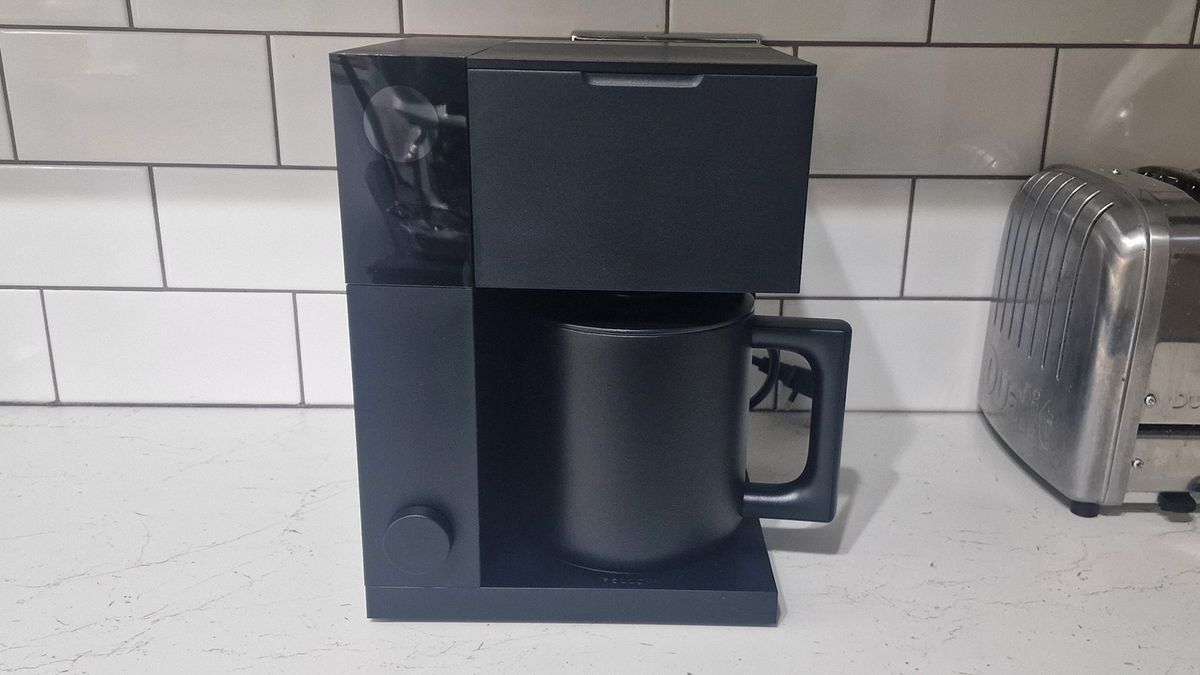We all love the cool side of the pillow, but a sleep expert suggests that flipping your cushion might have nighttime benefits beyond just chilling your cheek. If you're lying awake in the night, rotating your pillow could be a surprising quick trick to send you back to sleep.
The right environment, from the best mattress for your sleep style to the right pillow for your position, can help you sleep – but sometimes that environment needs a slight adjustment to get you snoozing. Especially if you've woken from a nightmare or a stress dream.
Calming yourself down and returning to a sleepy state can be tricky. But the distraction caused by the cool side of the pillow might be the change you need to fall back to sleep peacefully. Here's why...
One easy trick for getting back to sleep
Nightmares affect us all and it's not always a zombie apocalypse – who hasn't jolted awake from a tense dream about a missed bill? But Adeel ul-Haq, sleep expert at BunkBeds.co.uk, told Gloucestershire Live he has a simple trick for getting back to sleep after a bad dream: "Flipping your pillow to the other side is a quick hack that is a powerful way to reset your mind after a nightmare".
A cool pillow can provide soothing relief, but why is it a cure for nightmares? "When you wake up in a panic your body is flooded with stress," explains ul-Haq. "Turning your pillow to the other side can reset your brain and show it that it's time to move on and focus on relaxing again."

"For adults, turning the pillow and combining it with deep breathing will allow you to get back to sleep and keep the disruption at a minimum," suggests ul-Haq. "For children, a pillow flip can be a comforting ritual that can be used to show them that you are simply turning over a bad dream and getting rid of it."
3 other ways to get back to sleep at night
If the cool side of the pillow isn't enough to get you to sleep, here are some other methods to help you drift off after a nightmare.
1. Try a calming breathing technique
Adeel ul-Haq recommends combining a pillow flip with a calming breathing routine to combat a racing heartbeat (and racing thoughts). Slow and steady breathing methods such as moon breathing and the 4-7-8 sleep method help release muscle tension while centering your thoughts. Instead of focusing on whatever woke you up, you can shift your mind towards your breathing.
2. Write down your worries
Waking up from a nightmare can leave you terrified of every squeak and shadow. To help rationalize your fears, try writing them down (this can also help if you're struggling to sleep after a scary movie marathon). In stark black and white, you'll probably realize that horrifying dream was actually... a little silly.

Stress and anxiety are harder to write away, but a few moments of gratitude journaling can help redirect your mind. Focus on positive thoughts, things you're looking forward to and the best parts of your day.
3. Get out of bed
Waking up in the night is normal (we all do it, but most of the time we don't realize), so we're not suggesting you jump out of bed as soon as your eyes flick open. But if you've been lying awake for a while, a change of scenery can help. This is known as the 15 minute sleep rule and it simply advises that if you've been awake for 15 minutes (or thereabouts), get out of bed and move to a different room.
Moving to a new room means you aren't snuggled up with your stress, so your bed remains associated with sleep. Once you're out of bed, find a comfortable place to sit, keep the lights low and engage in a relaxing activity. When you feel close to dropping off again, go back to bed.
3 things not to do if you wake up in the middle of the night
It's hard to think rationally in the middle of the night, but here are some habits to avoid if you're struggling to fall back to sleep.
1. Avoid checking your phone
A quick look at your phone might seem like the best way to pass the time when you can't sleep, but try your best to resist the lure of the screen. Not only will the sudden blast of bright blue light wake you up further, but the call of apps and messages can turn that quick look into a 10 minute scroll.
Screen limits can help you stay off the phone but if you really struggle to fight temptation, consider leaving your device in a different room. Or, at least, far away from the bed. That way, you have to work for your screen time.

2. Don't stay tossing and turning
Even the softest bedding can feel like sandpaper when you can't sleep, and in the struggle to get comfortable you might find yourself rolling all over the place. This frustration can leave you more awake than ever, so if you're feeling restless, try getting out of bed and sitting calmly for a few minutes before crawling back beneath the sheets.
3. Don't start watching the clock
Time can move strangely in the middle of the night. Seconds pass like hours, minutes pass like seconds, and if you fall asleep right now there's still four hours until your alarm goes off. But fight the temptation to check the clock.
For a start, clock watching can increase anxiety, especially if you're seeing time tick away. Second, let's be honest: most of us check the time on our phones. Which means exposure to bright light (and probably a few notifications).




















 English (US) ·
English (US) ·